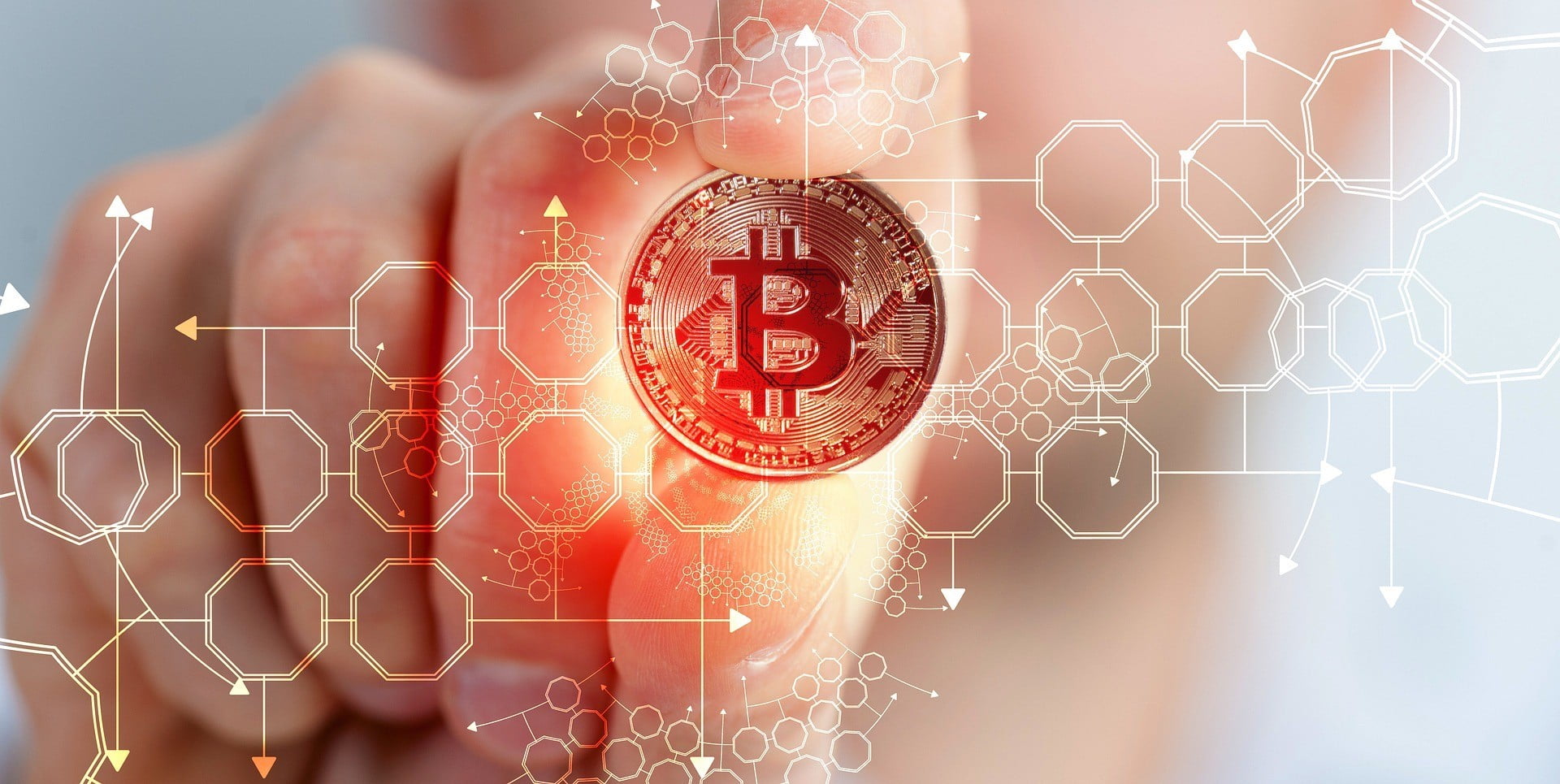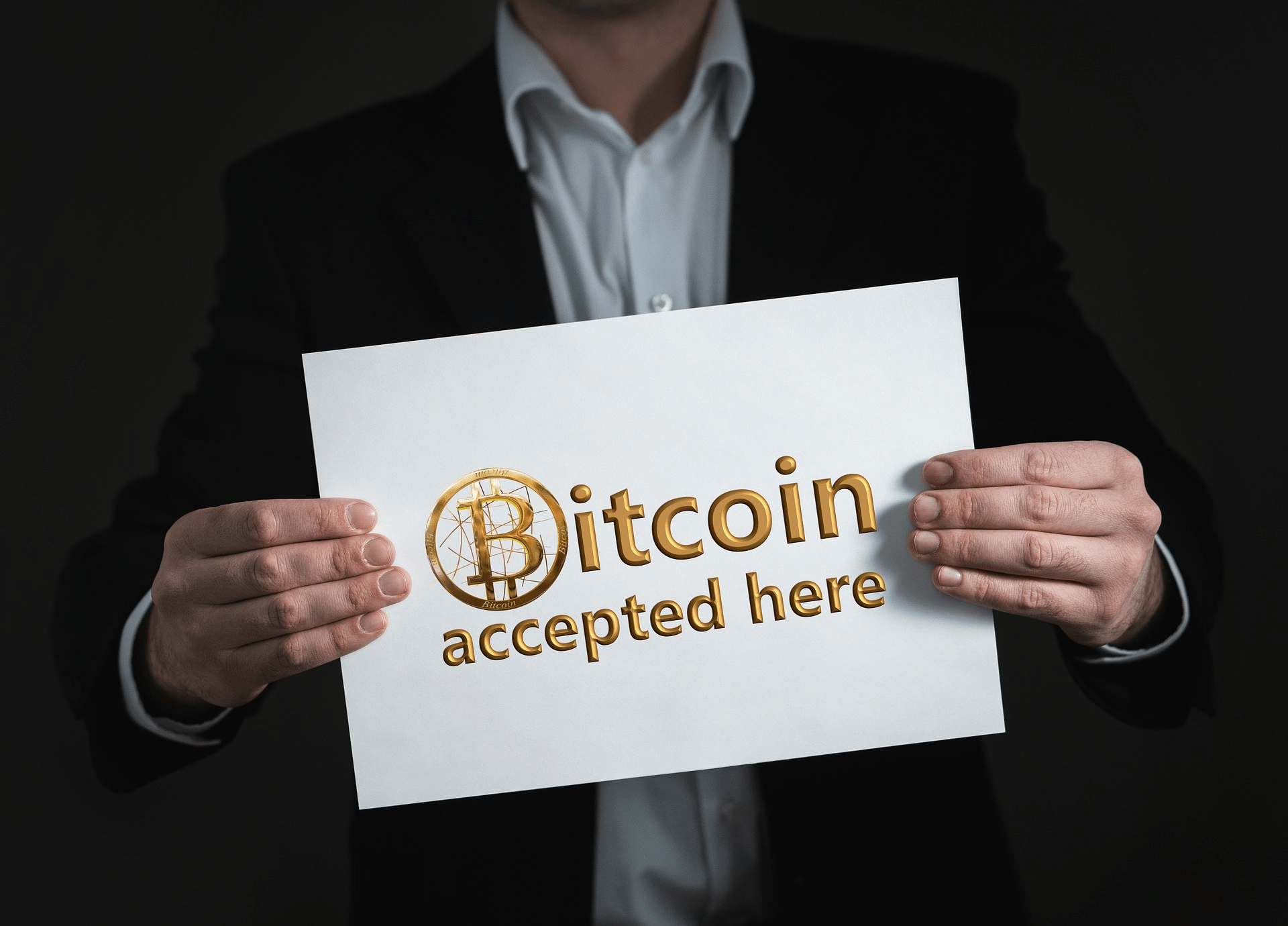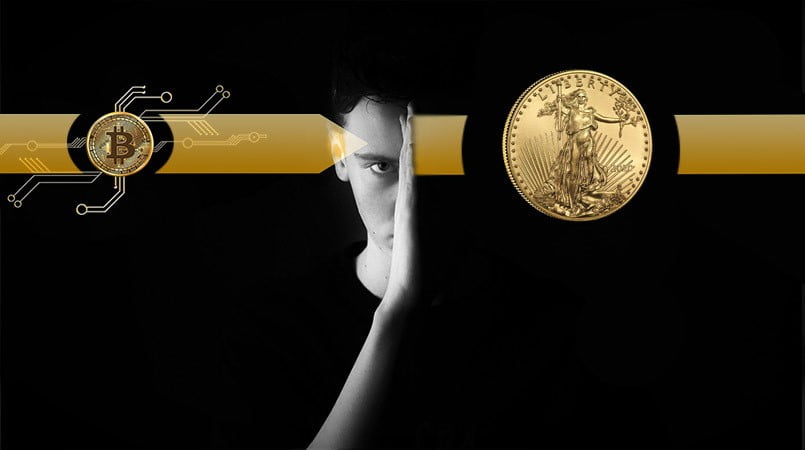
Bitcoin is far more useful than most people expect. See, we have been using the internet for decades now, but the idea that networks can have their own systems of security in place is only as recent as 2008, thanks to Bitcoin. A crucial element of Bitcoin is blockchain. It is forever tethered to Bitcoin, but its potential expands beyond cryptocurrency. Today, Blockchain is part of cloud storage, smart contracts, and healthcare in addition to other cryptocurrencies. With blockchain, you can even buy gold with bitcoin! However, one of the areas blockchain has the ability to make a big difference is in voting. Blockchain voting enables a true form of democracy by popular vote, and it costs less for the government in the long-run too!
Q2 2020 hedge fund letters, conferences and more
What Is The Point of Blockchain? How Does it Work? Why Is It Not Private?
Blockchain is a crucial part of cryptocurrency that has incredible potential for more than digital currencies. It is coding originally created for Bitcoin.
A blockchain is a digital ledger, and it protects cryptocurrency from malicious tampering. The ledger is not stored, so it can’t be manipulated. It exists as “blocks” or boxes on a “chain” connected by millions of nodes 24/7 simultaneously. Basically, each block contains information that links it to the blocks around it on the chain. Nodes monitor this chain.
Blockchain is a public ledger, but not all the information on it is public. Basically, if you buy gold with Bitcoin, there will be a public record of a Bitcoin transaction. But, who did it, for what purpose, and the identity of the recipient is only visible to the participants of the transaction. So no one will know that you took the time to buy gold with bitcoin. It is public so that all the nodes can see the transaction and validate it accordingly.
So, once something is recorded by a blockchain, it is highly difficult to change it without raising suspicion. Because of encryption and decentralization, blockchain is verifiable and cannot be hacked. If something is tampered, the nodes will reject the tampered block. Trying to hack blockchain would require you to take control over at least 51% of the nodes all at once in addition to two other major, onerous tasks. Because the blockchain is ever-changing, even with a time delay, it is extremely unlikely that it can be effectively hacked.
How Can Elections Use Blockchain?
At first, blockchain voting made waves in 2017. Before this time, using the blockchain for voting was incredibly difficult. It was not anonymous and required a third party for security. Early applications included Blockchain Voting Machine, Follow My Vote, and TIVI. However, all these still used third parties to keep voters’ information private.
Then, in 2017, a PhD student from Newcastle University came forward with a proposal. Patrick McCorry created the Open Vote Network, which is a contract written in Solidity. To sum up, McCorry proposed using Ethereum, another cryptocurrency, to perform the task for security and privacy.
This early start to a private system of voting was created for a smaller scale. For example, the office could vote on where to have their holiday party. He explained to Coindesk:
“Everyone can cast their encrypted vote. And then at the end of the election, once all the votes have been cast, anyone, including observers, can simply add the encrypted votes together. It will cancel out all the random factors in the encryption and it will just reveal the final tally.”
Does Blockchain Voting Have Issues?
Early issues McCorry encountered working with the Open Vote Network centered around the platform not tallying the final vote unless 100% of the votes were in. Using blockchain voting for a presidential election was simply not feasible on this system, especially during an election as important as the one in 2020.
But, McCorry discovered that Ethereum and cryptography offered a solution. The system of blockchain voting would work in this way:
- An administrator for the election would send Ethereum a “white list” of voters—those who are eligible to register to vote.
- A voter can then register for the election, but they have to put down a deposit. Then they have a limited time to vote, or else they will lose their deposit.
- After someone votes, their vote is encrypted then sent to Ethereum. When the votes are all in, or the time runs out, the election ends. Ethereum tallies the votes and keeps them private! The votes cannot be altered after submitting them or after the tally is computed.
His system wasn’t perfect, however. His approach relied on the idea that everyone in the pool of voters knows each other and can “pressure” others into remembering to vote for this reason. When there is a small base, that works. But it has been a few years, so can this cryptocurrency technology be used for a larger scale?
How Can Blockchain Voting Create a “True Democracy”?
Today, an application called Voatz successfully implemented blockchain voting on a large scale. The Michigan Democratic Party State Nominating Convention used Voatz with success this past August. During this time, more than 1,900 delegates participated in the virtual convention from August 29-30. They were able to nominate candidates for the state’s Supreme Court, state Board of Education, and boards for state universities.
Executive Director of the Michigan Democratic Party said:
“There were so many unique challenges with this year’s convention because of the pandemic, but the Voatz platform eased many of our concerns.”
Basically, using the application allows people to vote through their phones through remote verification. This convention is the fourth time the Michigan Democratic Party used the blockchain voting system. Elections in West Virginia, Oregon, Utah, and Colorado also used Voatz with success.
However, certain drawbacks remain because there is a lack of transparency around data security. MIT pushed back on Voatz by pointing out the holes in its system that still leave security flimsy, inducing a spat between the two parties. The bugs MIT found inherently harm blockchain voting because the existing vote tallies can still be compromised. Nevertheless, the Utah Republican state convention in April 2020 used Voatz as well. They reported the system went off without a hitch and processed slightly over 90% of the registered delegate votes.
Will the 2020 Election Use Blockchain Voting?
Will blockchain voting be a part of the 2020 election? It does not appear to be applicable to a wide-scale vote as large as the presidential election. However, this is likely the start of a new system of encrypted voting that will be implemented in the coming years. Thanks to the blockchain, encryption is becoming more sophisticated and useful beyond cryptocurrency. However, it is possible that cryptocurrencies’ worth will dramatically increase if blockchain voting is successful. This is because people on a broader scale might learn to trust the security and see the potential for cryptocurrency to become a more generally accepted form of currency.
Where Can I Use Cryptocurrency? Can You Buy Gold with Bitcoin?
Blockchain was born from Bitcoin, the is the first system to use blockchain on a large scale. Other cryptocurrencies utilize this system as well, such as a newer one called PAXG. PAXG is possible thanks to the Ethereum blockchain. It is a digital token that represents gold and can be traded for this physical safe-haven asset. Because it is backed by LBMA-accredited London Good Delivery gold, PAXG is less volatile than other cryptocurrencies. You can also trade in PAXG for physical gold anytime.
There are other ways to attain gold if you use cryptocurrency. If you aren’t ready to use a new form of cryptocurrency, you can buy gold with Bitcoin! Cryptocurrency is a very handy tool to add to your investments because it is becoming more accepted in countries outside of the US. This means that if it gains more traction, you can use Bitcoin when you travel instead of worrying about foreign fees or exchanging your fiat currency.
From using Bitcoin to pay for hotels or vouchers for Dunkin Donuts and real estate, the opportunities for blockchain and cryptocurrencies are endless. Satoshi Nakamoto saw the importance of blockchain back in 2007 and released it to the world in 2008. Today, if we don’t utilize blockchain technology, we will certainly be missing out on the future. Whether you want to buy gold with bitcoin or use blockchain voting, we are moving into a newer future that can improve the lives of millions.
The post Blockchain Voting And More, Thanks To Crypto appeared first on ValueWalk.



